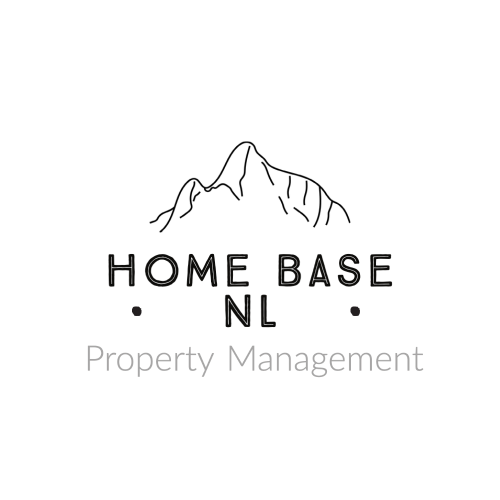A Guide to Tax Responsibilities for Airbnb Hosts
Written by: James Tarrant
Grasping your tax responsibilities is vital as an Airbnb host. Here are some essential guidelines and precautions to consider when submitting your taxes. For any additional inquiries, don't hesitate to consult a tax expert.
Understanding Your Tax Obligations
Airbnb hosts who offer their property for short-term rental are subject to the income tax rules for residential rental property. Depending on your location, you may be required to collect local tax or Value Added Tax (VAT) from your guests. Guests must be informed of the exact tax amount before booking.
Never Assume Income Tax Covers All Tax Obligations
Many hosts assume that they're fulfilling their tax obligations if they report their short-term rental income and pay income tax. However, most short-term rental hosts are responsible for collecting and filing lodging taxes. Tax authorities are paying more attention than ever to this growing source of revenue, getting savvier about enforcing the rules, and creating stiffer penalties for noncompliance.
Reporting Your Income
Airbnb may issue you Form 1099-K (Payment Card and Third Party Network Transactions) or make available an Earnings Summary, reporting the gross amount of rent earned during the calendar year. This form reports the gross income you received from your Airbnb rentals. You'll need to report this income on your tax return.
Failing to Register for Lodging Tax in the Right Jurisdictions.
The final lodging tax you’ll charge your guests is often made up of different taxes from different jurisdictions. You must first register with the correct authority to collect lodging taxes legally. Usually, this means you’ll need to register with more than one. Also, do not miss lodging tax due dates.
Deducting Expenses
As an Airbnb host, you can deduct certain expenses related to your rental property. These may include mortgage interest, property taxes, cleaning fees, insurance, and maintenance costs. It would be best to allocate your mortgage interest and property tax deductions on your tax return between your rental activity and home.
Charging the Wrong Lodging Tax Rate
The total tax rate you charge your guests often includes different taxes. It’s important to know which jurisdictions apply to your rental, depending on your location.
Collecting Occupancy Taxes
In some locations, Airbnb hosts may have a collect and remit feature to handle occupancy tax. Hosts should not collect occupancy taxes separately for those jurisdictions. If automatic occupancy tax collection and payment aren't available for your listing, you can collect occupancy taxes manually with a special offer or the Resolution Center.
Assuming You Don’t Have to File a Lodging Tax Return Because You Didn’t Have Any Bookings
Seeking Professional Advice
Tax laws can be complex and vary greatly depending on your location and personal circumstances. Therefore, it's recommended that you consult with a tax professional if you're uncertain about your tax status. Airbnb cannot provide you with any tax advice.
Not Reporting Rental Income
Airbnb makes reporting rental income easy for American Airbnb hosts because the host will receive a 1099-K at the end of the year, which totals the gross income from renting their property through the service. This information is also sent to the IRS, so don’t forget to help your clients report it on their income tax return.
Not Understanding Tax Deductions
As an Airbnb host, you can deduct expenses incurred in the endeavour, including utilities, repairs, supplies, cleaning services, etc. Knowing what they can deduct and what you cannot is crucial to earning the most money as an Airbnb host and avoiding complications with their tax return.
